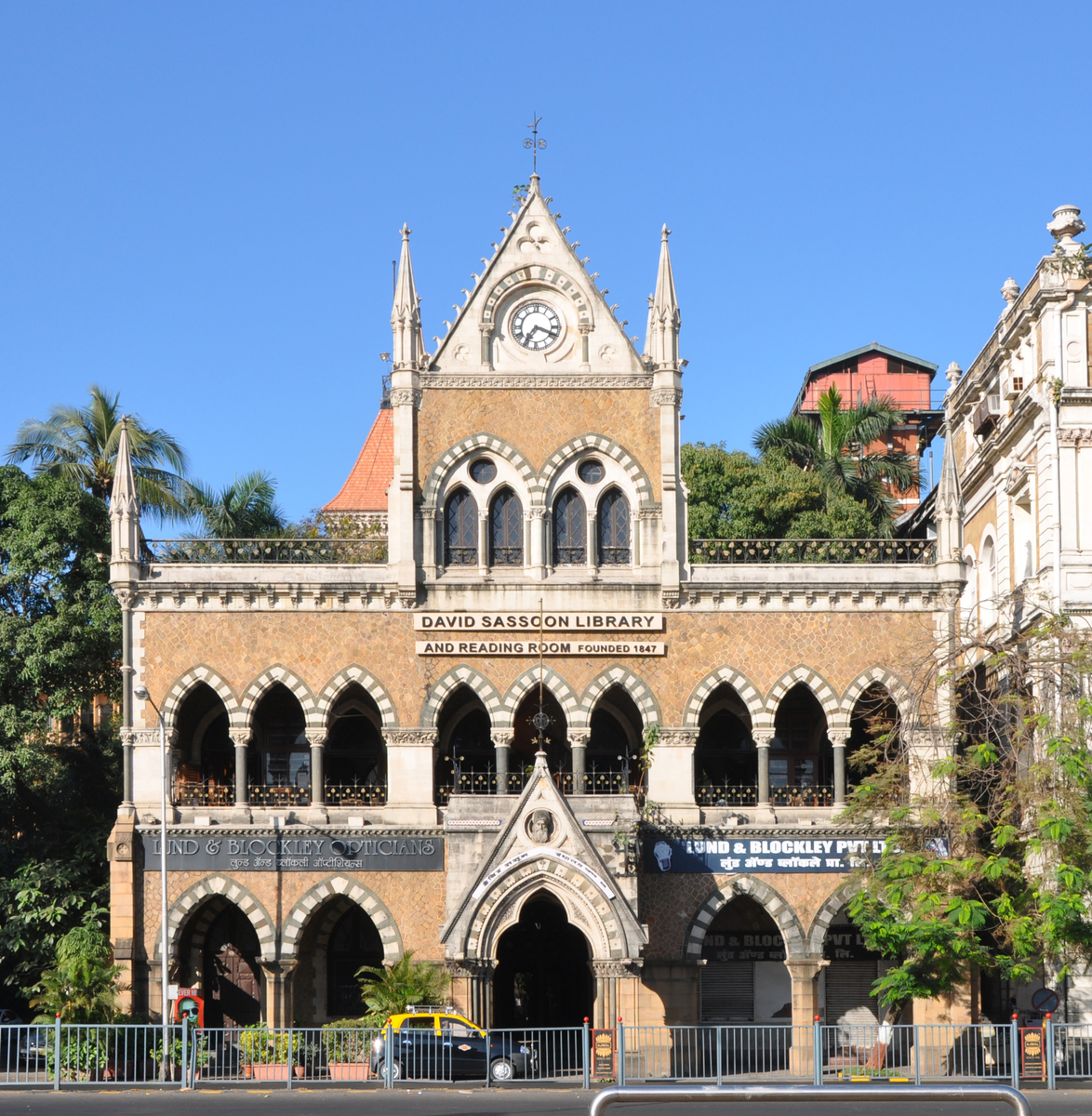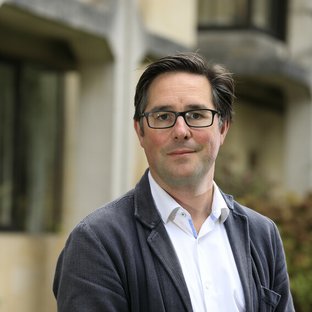A special hybrid lunchtime lecture with Professor Esther da Costa Meyer (Princeton & Yale) on the architectural patronage of the Sassoon family
Moderated by Professor William Whyte (Social and Architectural History, Faculty of History, University of Oxford).

After persecution drove them from their home in Baghdad, the Sassoons established themselves in Mumbai in 1832, and founded a flourishing business empire that eventually stretched across Asia. Over one hundred buildings in Iraq, India, China, and their final home in the United Kingdom, ranging from synagogues, hospitals, schools, libraries, and housing for the working classes, attest to the legacy of this extraordinary multicultural family in diaspora. Dependence on the British undoubtedly entailed political accommodation, but they were also sensitive to the needs of local populations. Their exposure to different languages and cultures became an empowering engine of cultural syncretism, as they adapted their architecture to different cultural contexts and styles, while trying not to lose their own identity as Baghdadi Jews. The Sassoons’ architectural patronage reflects the taste of discriminating men and women whose buildings, erected during the heyday of colonialism, exemplify not only entrepreneurial success but also civic engagement and cultural philanthropy.
Enquiries: indox@ashmus.ox.ac.uk
Speaker

Professor Esther da Costa Meyer
Professor Esther da Costa Meyer is Professor Emerita at the Department of Art and Archaeology at Princeton University and Visiting Professor at the Yale School of Architecture. A native of Brazil, she specializes in issues of cultural translation focusing on buildings erected by colonial powers in the Global South, as well as the emerging cultures of resistance that were both highly creative and resilient. Interested in issues pertaining to gender and design, she has written on architects Lilly Reich, Charlotte Perriand, and Lina Bo Bardi. Her book Dividing Paris: Urban Renewal and Social Inequality, 1852-1870, was published last year by Princeton University Press. Da Costa Meyer’s recent curatorial work includes two exhibitions, with accompanying catalogues, at the Jewish Museum in New York: Pierre Chareau: Modern Architecture and Design (2016-17), and currently The Sassoons, co-curated with Claudia Nahson. The Sassoons, on view from March 3 through August 13, 2023, follows four generations of this Baghdadi Jewish family, from the early nineteenth century through World War II, highlighting their pioneering role in trade, art collecting, and architectural patronage in Iraq, India, China, and the United Kingdom.
Moderator

Professor William Whyte
Professor William Whyte is Professor of Social and Architectural History in the Faculty of History at the University of Oxford. He is especially intrigued by what the serious investigation of the built and natural environment does to existing accounts of modern history. His research has consequently often focused on architecture, with a special interest in institutions like schools, universities, and churches. His first book, Oxford Jackson: architecture, education, status, and style, 1835-1924 (OUP, 2006) explored the work of an influential university architect. His second, funded by a Philip Leverhulme Prize, was Redbrick: a social and architectural history of Britain's civic universities (OUP, 2015). The third, Unlocking the Church: the lost secrets of Victorian sacred space (OUP, 2017), grew out of his Hensley Henson Lectures. Now, as the final part of what's become a trilogy on university architecture, he is working on The University: a material history, for Harvard University Press. He has also edited or co-edited a dozen or so other books. Current projects include the Oxford Illustrated History of England, for OUP, and the six-volume Cultural History of High Learning, which he is editing with Ning de Coninck-Smith (Aarhus) and Julia Horne (Sydney). Professor Whyte is chair the editorial board of the Oxford Review of Education and sit on the board of the Oxford Historical Monographs series. He is currently serving as Senior Responsible Owner and Chair of Project Board for the Stephen A. Schwarzman Centre for the Humanities: the university's largest ever capital project, the result of the largest ever gift given to Oxford.

